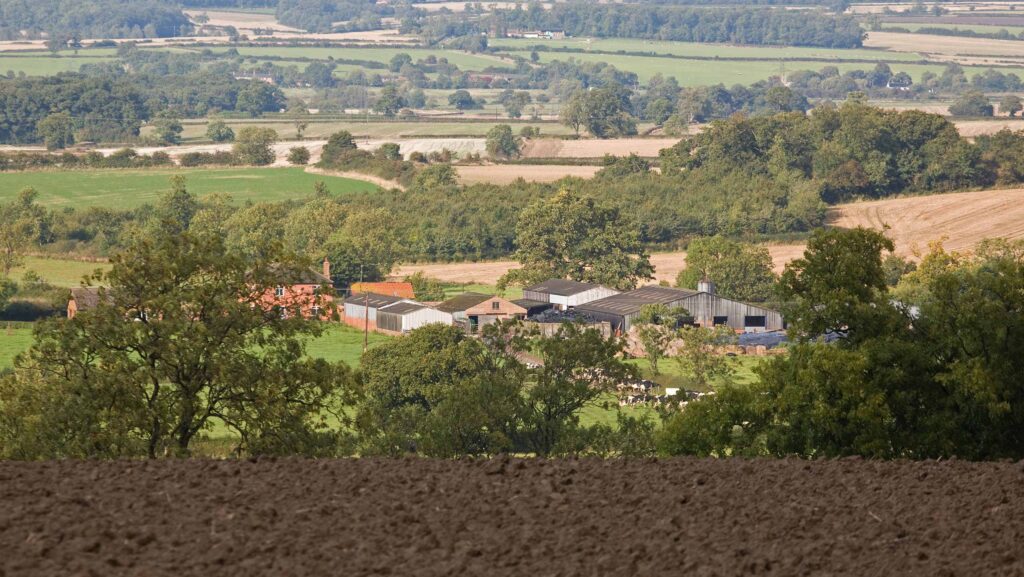AHDB to study environmental benefits of British agriculture
 ©Tim Scrivener
©Tim Scrivener The AHDB has set up a new carbon baselining pilot to help farmers deliver on environmental targets by demonstrating the scale and potential of natural carbon stocks across British agriculture.
Environment director Chris Gooderham explains how agriculture is facing a challenge demonstrating the positive impact farming systems have on the environment – a task made more difficult by a lack of accurate on-farm data.
To support the industry in tackling this issue, the project will provide a starting point for tracking changes in greenhouse gas emissions and carbon sequestration over time, and identify where there are opportunities for improvements.
See also: Arable farmers recommended to baseline emissions
“It will provide a huge data set from which we will be able to make early observations,” Mr Gooderham said.
“We will also be able to gauge the relative capacity of above-ground and below-ground carbon, the impact of farming methods and land uses on emissions, carbon stocks, biodiversity, run-off risk and soil health.
“This will also allow the industry to demonstrate how it delivers a collection of critical public goods, such as improving water quality, building carbon stocks, enhancing soil health and supporting biodiversity.”
Focus on farms
Mr Gooderham noted that there was a great farmer response to the project launch, with 509 expressions of interest to take part.
Of these, 322 had a cereals and oilseeds enterprise, 296 beef cattle, 245 lamb, 149 dairy and 39 pork.
“As we can only take 170 farms through to the next stage, we are scrutinising the applications so that we are representative of the wide variation in British agriculture,” he said.
The first stage of the on-farm work will start in November with the following activities:
- Aerial light detection and ranging (Lidar) scanning to assess above-ground carbon stocks in trees and hedges, as well as mapping run-off risk
- Assessment of soil carbon levels and soil health analysis
- Carbon audit and action plan.
“All the above will cover both cropped and non-cropped land, such as woodland, enabling us to test the counterfactual – what would happen if the land was not being farmed,” Chris says.
“The good thing about storing more carbon in the soil and reducing emissions is that, in most cases, the result is improved soil health, reduced inputs and greater production efficiency.”
Project aims
The AHDB’s baselining pilot, launched with support from Quality Meat Scotland, will collect a range of accurate on-farm environmental data to show:
- The environmental impact of agriculture in Great Britain
- The scale and potential of natural carbon stocks and sequestration
- The industry’s progress towards net zero.
The AHDB’s Chris Gooderham said: “The pilot’s aim is to explore and demonstrate the range of tools available to farmers, the win-wins, the win-losses and, ultimately, the scale of the potential improvements British agriculture can deliver with the right insight and support.”

